Find Help
More Items From Ergsy search
-
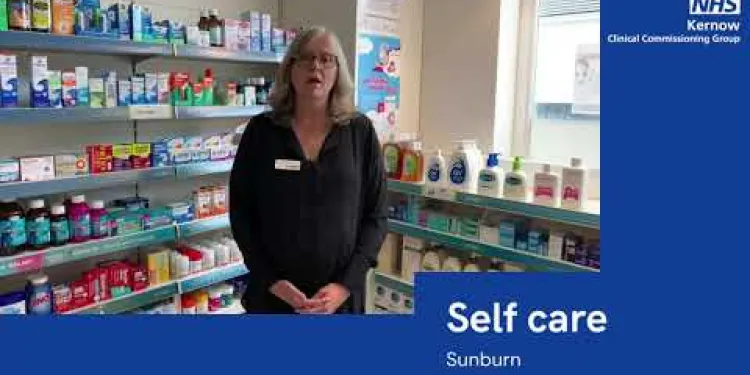
Self care - sunburn
Relevance: 100%
-
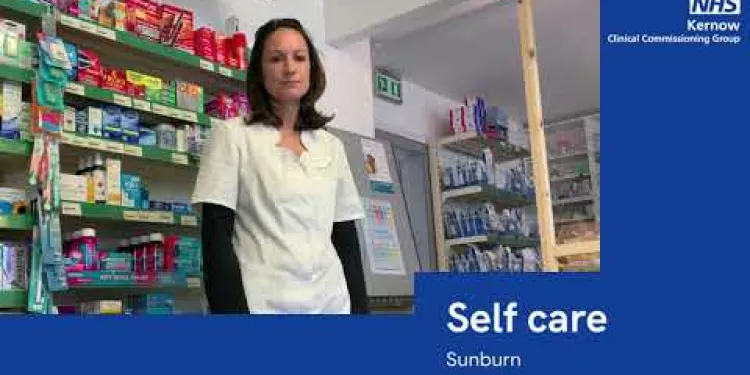
Self care - sunburn
Relevance: 99%
-
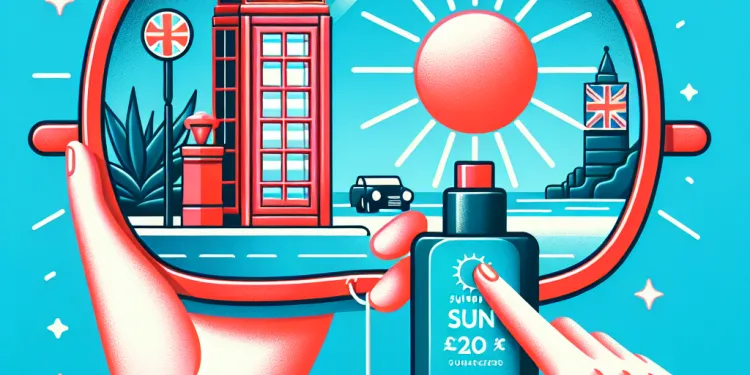
What is sunburn?
Relevance: 53%
-

What is Sunburn?
Relevance: 53%
-

How is sunburn treated?
Relevance: 51%
-
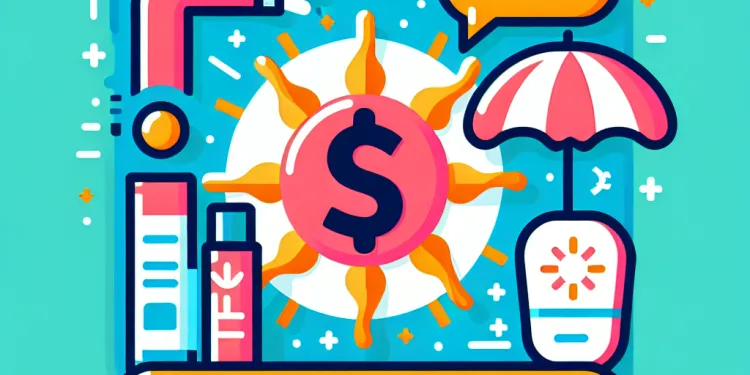
What causes sunburn?
Relevance: 51%
-
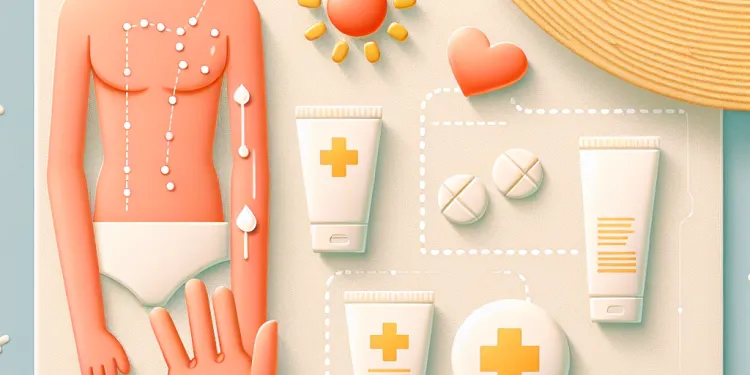
What are the symptoms of sunburn?
Relevance: 51%
-
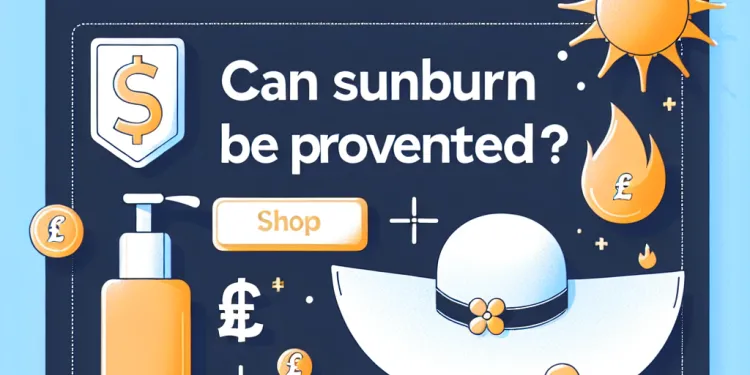
Can sunburn be prevented?
Relevance: 50%
-
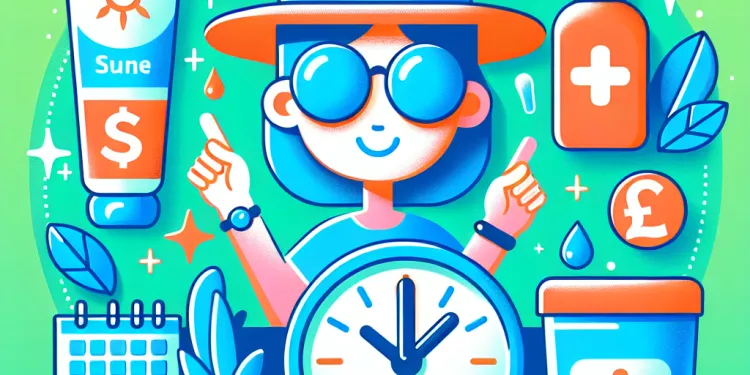
How long does it take for sunburn to appear?
Relevance: 50%
-
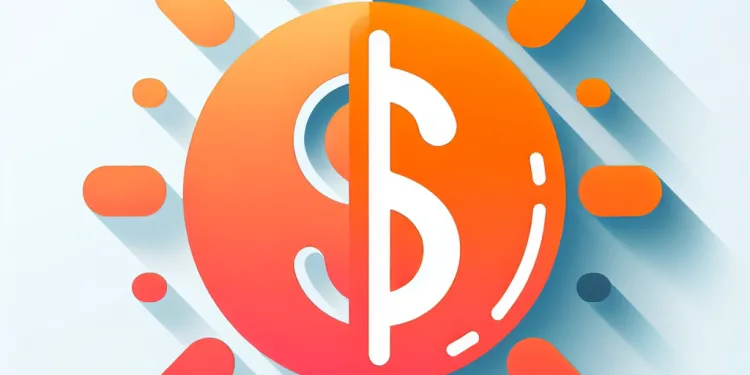
Can sunburn turn into a tan?
Relevance: 49%
-

Are some people more prone to sunburn?
Relevance: 49%
-
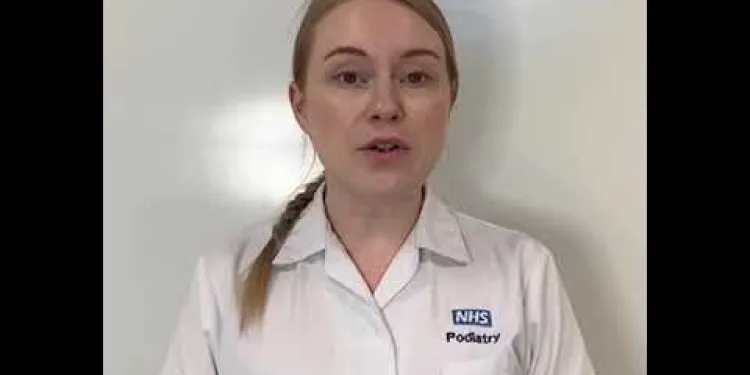
Self care for your feet - Podiatrist
Relevance: 48%
-
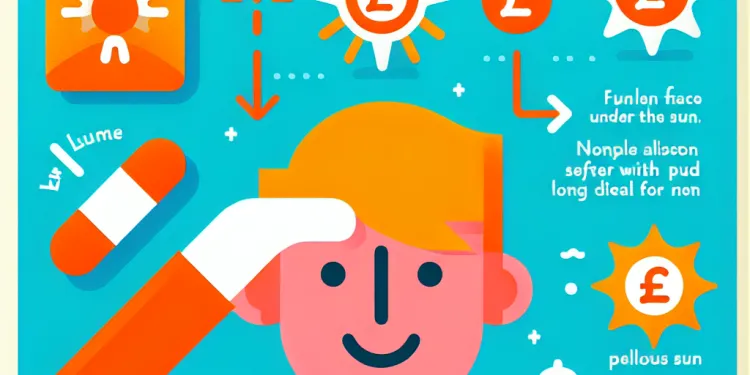
What are the long-term effects of sunburn?
Relevance: 48%
-
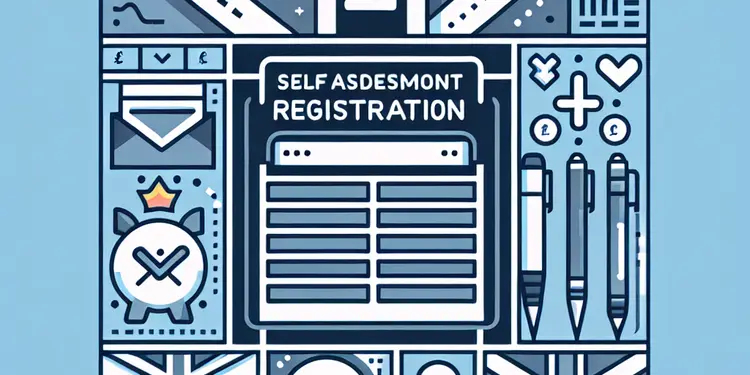
How do I register for Self Assessment?
Relevance: 47%
-
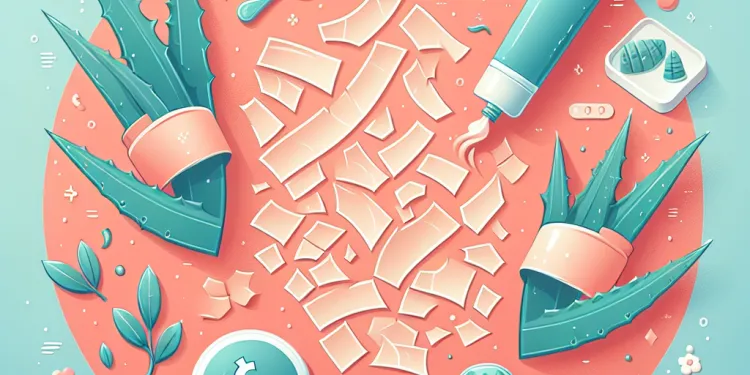
Is peeling a normal part of sunburn recovery?
Relevance: 47%
-

What is a Self Assessment tax return?
Relevance: 46%
-
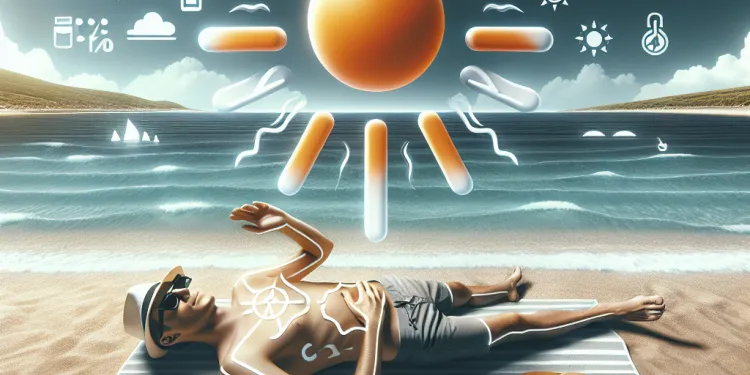
Can sunburns cause permanent damage?
Relevance: 46%
-

At what time of day is the sunburn risk highest?
Relevance: 45%
-

Can dark-skinned individuals get sunburned?
Relevance: 45%
-
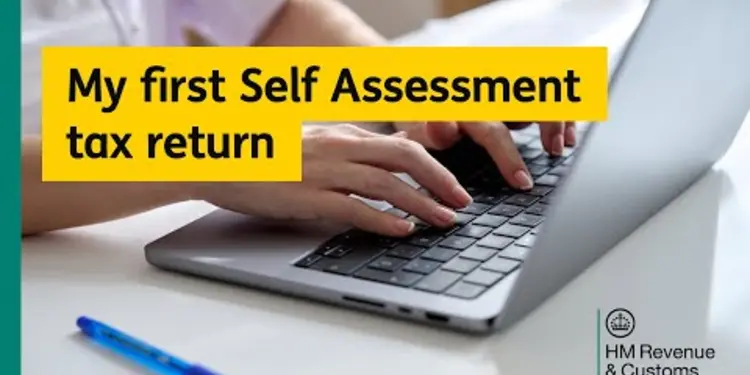
My first Self Assessment tax return
Relevance: 44%
-
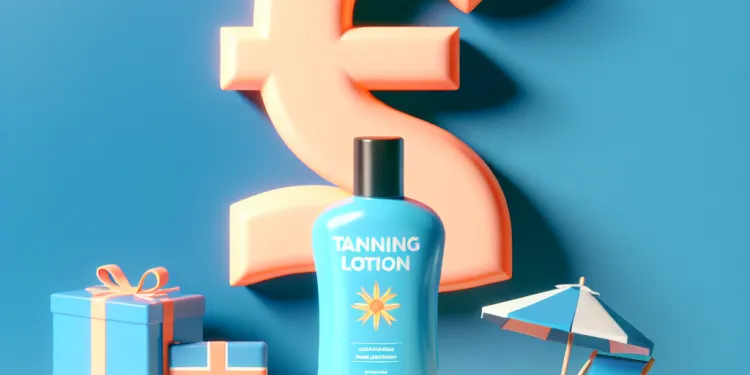
Does tanning lotion prevent sunburn?
Relevance: 44%
-
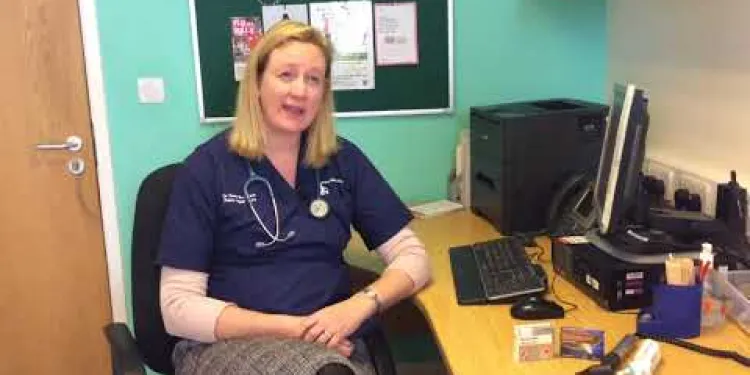
Self care: Treating ear infections
Relevance: 44%
-
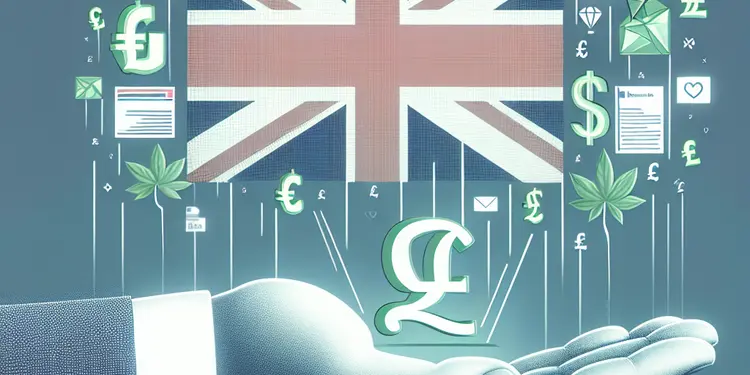
Can I get help from HMRC with my Self Assessment?
Relevance: 44%
-

How do I complete my Self Assessment tax return?
Relevance: 43%
-

Who needs to file a Self Assessment tax return?
Relevance: 43%
-

Does tanning on sunbeds reduce the risk of future sunburns?
Relevance: 41%
-
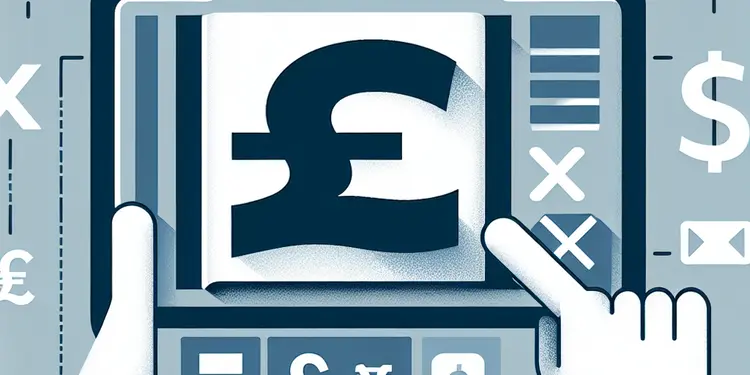
When is the deadline for submitting my Self Assessment tax return?
Relevance: 41%
-

Do I need an accountant to file a Self Assessment tax return?
Relevance: 41%
-
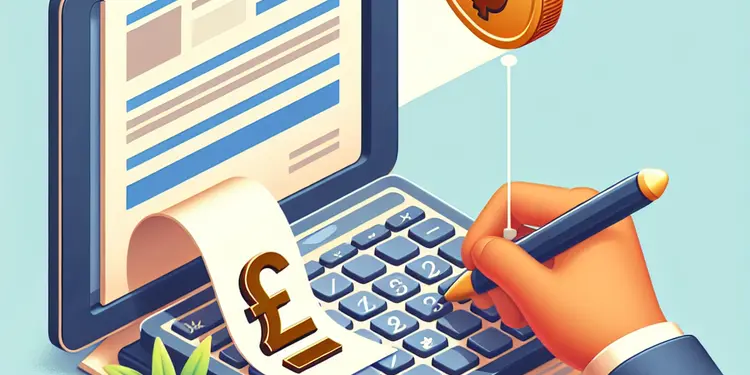
What records should I keep for my Self Assessment?
Relevance: 41%
-

Self Harm
Relevance: 40%
-

What SPF level is recommended to prevent sunburn?
Relevance: 40%
-

What happens if I miss the Self Assessment deadline?
Relevance: 39%
-

Who is eligible for a Time to Pay arrangement for Self Assessment?
Relevance: 39%
-
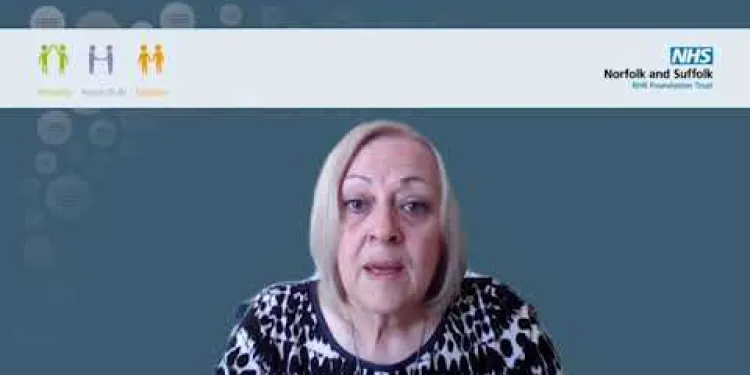
Suicide and Self Harm Prevention Strategy 2023-28
Relevance: 38%
-

What if I owe more than £30,000 in Self Assessment tax?
Relevance: 38%
-
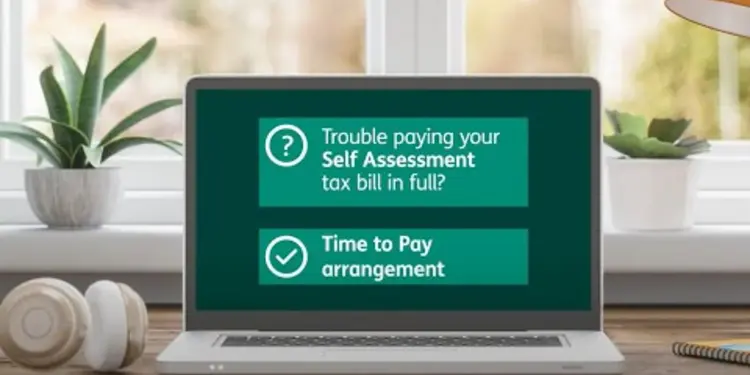
How to set up a Time to Pay arrangement online for Self Assessment
Relevance: 38%
-
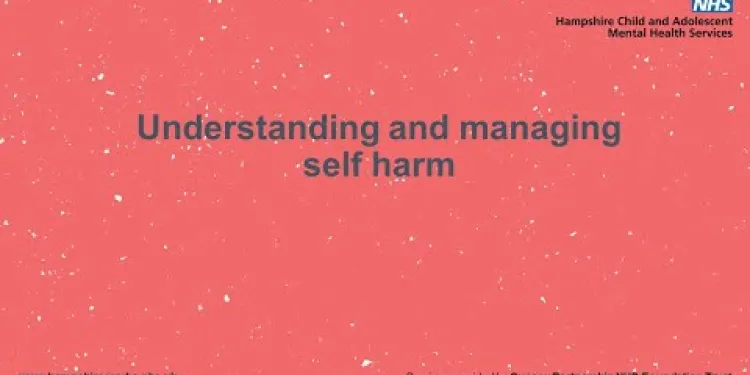
Self Harm
Relevance: 37%
-
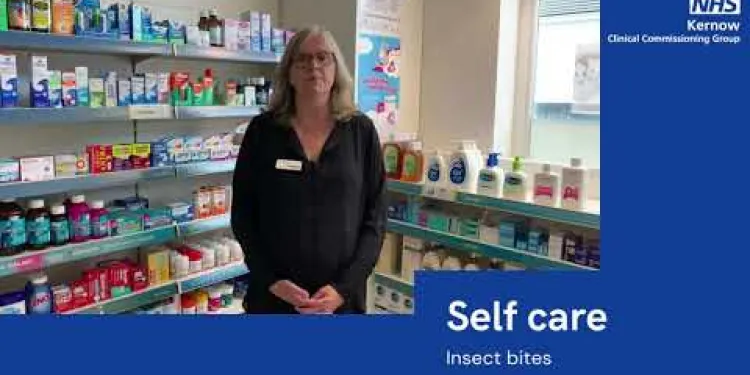
Self care - insect bites
Relevance: 37%
-

What is a Time to Pay arrangement for Self Assessment?
Relevance: 35%
-

What information do I need to complete my Self Assessment tax return?
Relevance: 35%
Self Care - Sunburn
Understanding Sunburn
Sunburn is a form of skin damage caused by excessive exposure to ultraviolet (UV) rays, typically from the sun. While it might seem harmless, sunburn can lead to serious skin issues, including premature aging and increased risk of skin cancer. In the United Kingdom, while sunny days might be sparse, it's crucial to remember that UV rays can penetrate clouds and cause sunburn.Immediate Actions After Sunburn
When you first notice sunburn, taking immediate action can alleviate discomfort and prevent further damage. Start by getting out of the sun and into a shaded or indoor area. Apply a cold compress or take a cool bath to soothe the skin. Avoid using ice directly on the sunburn as it can cause more damage. Hydrate by drinking plenty of water to help your skin recover from dehydration.Soothing Sunburned Skin
To comfort sunburned skin, apply aloe vera gel or moisturizing lotions that contain aloe vera or soy. These can provide a cooling sensation and promote healing. Over-the-counter hydrocortisone cream can reduce inflammation and itching. Avoid using petroleum-based products or those containing benzocaine or lidocaine, as they can irritate the skin.Managing Pain and Inflammation
Pain and inflammation often accompany sunburn. You may take anti-inflammatory medications such as ibuprofen or aspirin, following the instructions on the packaging. Wearing loose, lightweight clothing can help minimize irritation on sensitive skin. Staying indoors and avoiding further sun exposure is also critical in the days following a sunburn.Sunburn Prevention Tips
The best way to deal with sunburn is to prevent it. Apply a broad-spectrum sunscreen with at least SPF 30, even on cloudy days. Reapply every two hours, or more often if swimming or sweating. Wear protective clothing, hats, and sunglasses, and seek shade during peak sun hours, typically between 11 am and 3 pm. Remember, UV rays are still present and potent on cool or overcast days in the UK.When to Seek Medical Attention
While most sunburns can be handled with self-care, there are instances where medical attention is needed. Seek help if you experience severe blistering, fever, chills, headache, confusion, or dehydration. Chronic sunburns or changes in the skin should also be discussed with a healthcare provider to rule out serious conditions.Conclusion
Sunburn is more than just an inconvenience; it's a serious health concern that requires immediate and effective self-care. By understanding how to treat and prevent sunburn, you can enjoy the sun safely and keep your skin healthy. Always stay vigilant, even in the unpredictable weather of the United Kingdom, and make sun protection a routine part of your self-care regimen.Self Care - Sunburn
Understanding Sunburn
Sunburn happens when your skin gets too much sun. The sun has rays called UV rays, which can hurt your skin. Sunburn can make your skin age faster and can also cause skin cancer. Even if it's cloudy, the sun can still burn you. So, be careful even on cloudy days in the UK.Immediate Actions After Sunburn
If you get sunburned, act fast. First, go inside or find shade to get out of the sun. Use a cold cloth or take a cool bath to help your skin feel better. Do not put ice directly on your skin. Drink lots of water because your skin needs it when it's sunburned.Soothing Sunburned Skin
To help your skin heal, use aloe vera gel or lotions with aloe vera or soy. They can cool your skin and help it get better. You can also use special cream like hydrocortisone to stop itching. Do not use products with petrolatum, benzocaine, or lidocaine, as they can hurt your skin more.Managing Pain and Inflammation
Sunburn can hurt and make your skin swell. You can take medicine like ibuprofen to help with pain and swelling. Wear loose, light clothes so they don't rub your skin. Stay out of the sun until your skin is better.Sunburn Prevention Tips
It's best not to get sunburned. Use sunscreen with at least SPF 30 every day, even if it’s cloudy. Put it on again every two hours, especially if you're swimming or sweating. Wear a hat, sunglasses, and clothes that cover your skin. Find shade, especially between 11 am and 3 pm when the sun is strongest.When to Seek Medical Attention
Sometimes, sunburn needs a doctor. If you have blisters, fever, or feel very sick, get help. If you get sunburned a lot or see changes in your skin, talk to a doctor to be safe.Conclusion
Sunburn is serious and needs care right away. Know how to treat it and how to prevent it. Enjoy the sun, but stay safe and keep your skin healthy. Always be careful, even when the weather is tricky in the UK. Make protecting your skin a daily habit.Frequently Asked Questions
What is sunburn?
Sunburn is skin damage caused by excessive exposure to ultraviolet (UV) radiation from the sun or artificial sources like sunbeds.
What are the symptoms of sunburn?
Symptoms can include red or pink skin, pain, tenderness, swelling, blisters, peeling, and in severe cases, headache, fever, and nausea.
How long does it take for sunburn to appear?
Symptoms typically appear within a few hours after exposure but can take up to 24 hours to fully develop.
What should I do immediately after getting a sunburn?
Get out of the sun immediately, cool the skin with a damp cloth or a cool bath, stay hydrated, and apply a soothing lotion or aloe vera.
Can I use over-the-counter medications for sunburn relief?
Yes, pain relievers like ibuprofen or paracetamol can help reduce pain and inflammation.
Is it safe to pop blisters from sunburn?
No, you should not pop blisters as they protect the underlying skin and reduce the risk of infection.
How can I prevent sunburn in the future?
Wear sunscreen with at least SPF 30, reapply it regularly, wear protective clothing, seek shade, and avoid the sun during peak hours (10am - 4pm).
Are there any home remedies for sunburn?
Yes, you can try applying cool compresses, soaking in a cool bath with baking soda or oatmeal, and using aloe vera gel.
How long does it take for sunburn to heal?
Mild sunburn usually heals within a few days, while more severe cases can take up to two weeks.
When should I see a doctor for sunburn?
You should seek medical attention if you have severe pain, blisters covering a large area, fever, chills, headache, confusion, or signs of infection.
Can sunburn cause long-term damage to the skin?
Yes, repeated sunburns can increase the risk of skin cancer and cause premature aging of the skin.
Does having darker skin prevent sunburn?
Darker skin has more melanin, which provides some protection, but it is still possible to get sunburned and skin damage.
Are children more susceptible to sunburn?
Yes, children's skin is more sensitive, and they can burn more easily than adults.
Can I use moisturisers to help heal sunburn?
Yes, using a moisturiser can help to hydrate the skin and soothe dryness and peeling.
Is after-sun lotion effective for treating sunburn?
After-sun lotions can provide temporary relief and help to cool and moisturise the skin, promoting comfort during healing.
What is sunburn?
Sunburn is when your skin gets red and sore from being in the sun too long. It happens because the sun is very hot and it can hurt your skin.
You can stop sunburn by wearing sunscreen, a hat, and staying in the shade. Try using a timer to remind you when to get out of the sun.
Sunburn is when your skin gets hurt from being too long in the sun or using things like sunbeds.
What happens when you get sunburn?
If you stay in the sun too long, your skin can get hurt.
This is called sunburn.
Here is what you might feel:
- Your skin can turn red.
- Your skin might feel hot.
- Your skin can hurt or sting.
- You might see blisters.
- Your skin might peel later.
To help you:
- Use sun cream to protect your skin.
- Wear a hat and clothes to cover your skin.
- Stay in the shade when the sun is very strong.
Sunburn makes your skin red or pink. Your skin might hurt or feel sore. It might swell up or get blisters. Your skin can also peel. If it’s really bad, you might get a headache, feel hot like you have a fever, or feel sick to your stomach (nausea).
How long before you see sunburn?
Sunburn can show on your skin in just a few hours. Sometimes, it might take longer. It is important to use sunscreen to protect your skin.
If you are outside, try using a hat and stay in the shade to help stop sunburn.
Signs usually show up a few hours after contact, but it can take up to a day for all the signs to show.
What to Do Right After a Sunburn?
Ouch! You got a sunburn. Here are some easy steps to help:
- Get out of the sun: Go inside or find some shade.
- Cool the skin: Use cool water, like a wet cloth, to feel better.
- Drink water: Drink lots of water to stay hydrated.
- Put on lotion: Use a gentle lotion to help your skin.
- Cover up: Wear loose clothes to protect your skin.
You can ask an adult or use a sunscreen app to help next time. Take care of your skin!
Get out of the sun right now. Use a wet cloth or take a cool bath to make your skin feel better. Drink lots of water. Put on a gentle cream or some aloe vera to help your skin.
Can I buy medicine for sunburn at the store?
Yes, pain medicine like ibuprofen or paracetamol can help make pain and swelling go away.
Is it okay to pop blisters from sunburn?
No, do not pop blisters. Blisters keep the skin underneath safe and help stop infections.
How can I stop getting sunburn?
Sunburn happens when your skin gets too much sun. To stop sunburn, do these things:
- Use sunscreen: Put on sunscreen lotion with SPF 30 or more. Put it on your skin 15 minutes before going outside.
- Wear a hat: A hat with a wide brim can help protect your face, ears, and neck.
- Wear sunglasses: Sunglasses protect your eyes from the sun.
- Find shade: Stay under trees or use an umbrella when the sun is very strong.
- Wear long clothes: Light, long-sleeved shirts and pants cover your skin.
- Stay inside during midday: The sun is strongest between 10 a.m. and 4 p.m.
If you need help remembering these tips, try setting reminders on your phone or using a checklist. You can also ask someone to remind you.
Use sunscreen with SPF 30 or higher. Put more on every few hours. Wear clothes that cover your skin. Stay in the shade. Try not to be in the sun between 10am and 4pm.
Can I try home treatments for sunburn?
Yes, you can try a few things to help.
You can put a cool, wet cloth on your skin. You can also take a cool bath with baking soda or oatmeal. Aloe vera gel is good too.
How long until sunburn gets better?
If you get a small sunburn, it may get better in a few days. If the sunburn is bad, it might take up to two weeks to heal.
When do I need to see a doctor for sunburn?
If your sunburn is really bad, you should see a doctor.
Here are some signs to watch for:
- Your skin has blisters.
- You feel very sick or dizzy.
- Your sunburn covers a large part of your body.
- You have a high fever or chills.
If you notice these signs, tell a grown-up and go to a doctor.
Helpful tool: A grown-up can use a cool, damp cloth on your skin to help you feel better.
Go to the doctor if you have:
- Very bad pain
- Blisters on a big part of your body
- Fever (feel hot and sick)
- Chills (feel cold and shaky)
- Headache (head hurts)
- Feel confused (can't think clearly)
- Signs of infection (skin is red, hot, or swollen)
It can be a good idea to have someone help you explain what you're feeling to the doctor. You can also write it down or draw pictures to show where it hurts.
Can getting too much sun hurt your skin for a long time?
When your skin gets burned by the sun, it's called sunburn. This can be bad for your skin. It's like when you touch something hot and it hurts. Getting too much sun can hurt your skin not just now, but also later in life.
Here are some things to do to keep your skin safe:
- Wear sunscreen when you go outside.
- Put on a hat and sunglasses to keep the sun off your face.
- Stay in the shade when the sun is very bright.
If you get sunburned, tell a grown-up. They can help make it feel better.
Getting sunburned many times can make your skin sick. It can give you skin cancer and make your skin look older faster.
Can you get sunburn with darker skin?
People with darker skin can still get sunburned. Everyone needs to be careful in the sun. Here are some tips to help:
- Wear sunscreen.
- Wear a hat and sunglasses.
- Stay in the shade when the sun is very strong.
If you have questions, ask an adult you trust for help.
People with dark skin have more melanin. Melanin helps protect the skin, but they can still get sunburned and damage their skin.
Tip: Use sunscreen to protect your skin. Wear a hat or stay in the shade when outside.
Do children get sunburned more easily?
Yes, children's skin is soft. It can get burned easier than adults' skin.
Can I use creams to help with sunburn?
Yes, you can use cream to feel better if your skin is red and sore from being in the sun too long.
- Choose a cream that is gentle and has aloe vera or soy.
- Stay away from creams with alcohol or perfume as they might sting.
Here are some tips:
- Put the cream on your skin gently.
- Drink lots of water to stay hydrated.
- If you feel very sore or your skin blisters, talk to a doctor.
Yes, using a skin cream can help. It makes your skin soft and stops it from becoming dry and flaky.
Does after-sun lotion help with sunburn?
If you get sunburn, using after-sun lotion can help your skin feel better. It is a cream that cools and soothes burnt skin. Always remember to be careful in the sun. Wear a hat and sunscreen to protect skin.
If your sunburn is bad, ask an adult to help, or see a doctor.
After-sun lotions can help the skin feel better. They cool and make the skin softer. This helps you feel good while your skin gets better.
Useful Links
This website offers general information and is not a substitute for professional advice.
Always seek guidance from qualified professionals.
If you have any medical concerns or need urgent help, contact a healthcare professional or emergency services immediately.
Some of this content was generated with AI assistance. We’ve done our best to keep it accurate, helpful, and human-friendly.
- Ergsy carfully checks the information in the videos we provide here.
- Videos shown by Youtube after a video has completed, have NOT been reviewed by ERGSY.
- To view, click the arrow in centre of video.
- Most of the videos you find here will have subtitles and/or closed captions available.
- You may need to turn these on, and choose your preferred language.
- Go to the video you'd like to watch.
- If closed captions (CC) are available, settings will be visible on the bottom right of the video player.
- To turn on Captions, click settings .
- To turn off Captions, click settings again.
More Items From Ergsy search
-

Self care - sunburn
Relevance: 100%
-

Self care - sunburn
Relevance: 99%
-

What is sunburn?
Relevance: 53%
-

What is Sunburn?
Relevance: 53%
-

How is sunburn treated?
Relevance: 51%
-

What causes sunburn?
Relevance: 51%
-

What are the symptoms of sunburn?
Relevance: 51%
-

Can sunburn be prevented?
Relevance: 50%
-

How long does it take for sunburn to appear?
Relevance: 50%
-

Can sunburn turn into a tan?
Relevance: 49%
-

Are some people more prone to sunburn?
Relevance: 49%
-

Self care for your feet - Podiatrist
Relevance: 48%
-

What are the long-term effects of sunburn?
Relevance: 48%
-

How do I register for Self Assessment?
Relevance: 47%
-

Is peeling a normal part of sunburn recovery?
Relevance: 47%
-

What is a Self Assessment tax return?
Relevance: 46%
-

Can sunburns cause permanent damage?
Relevance: 46%
-

At what time of day is the sunburn risk highest?
Relevance: 45%
-

Can dark-skinned individuals get sunburned?
Relevance: 45%
-

My first Self Assessment tax return
Relevance: 44%
-

Does tanning lotion prevent sunburn?
Relevance: 44%
-

Self care: Treating ear infections
Relevance: 44%
-

Can I get help from HMRC with my Self Assessment?
Relevance: 44%
-

How do I complete my Self Assessment tax return?
Relevance: 43%
-

Who needs to file a Self Assessment tax return?
Relevance: 43%
-

Does tanning on sunbeds reduce the risk of future sunburns?
Relevance: 41%
-

When is the deadline for submitting my Self Assessment tax return?
Relevance: 41%
-

Do I need an accountant to file a Self Assessment tax return?
Relevance: 41%
-

What records should I keep for my Self Assessment?
Relevance: 41%
-

Self Harm
Relevance: 40%
-

What SPF level is recommended to prevent sunburn?
Relevance: 40%
-

What happens if I miss the Self Assessment deadline?
Relevance: 39%
-

Who is eligible for a Time to Pay arrangement for Self Assessment?
Relevance: 39%
-

Suicide and Self Harm Prevention Strategy 2023-28
Relevance: 38%
-

What if I owe more than £30,000 in Self Assessment tax?
Relevance: 38%
-

How to set up a Time to Pay arrangement online for Self Assessment
Relevance: 38%
-

Self Harm
Relevance: 37%
-

Self care - insect bites
Relevance: 37%
-

What is a Time to Pay arrangement for Self Assessment?
Relevance: 35%
-

What information do I need to complete my Self Assessment tax return?
Relevance: 35%


